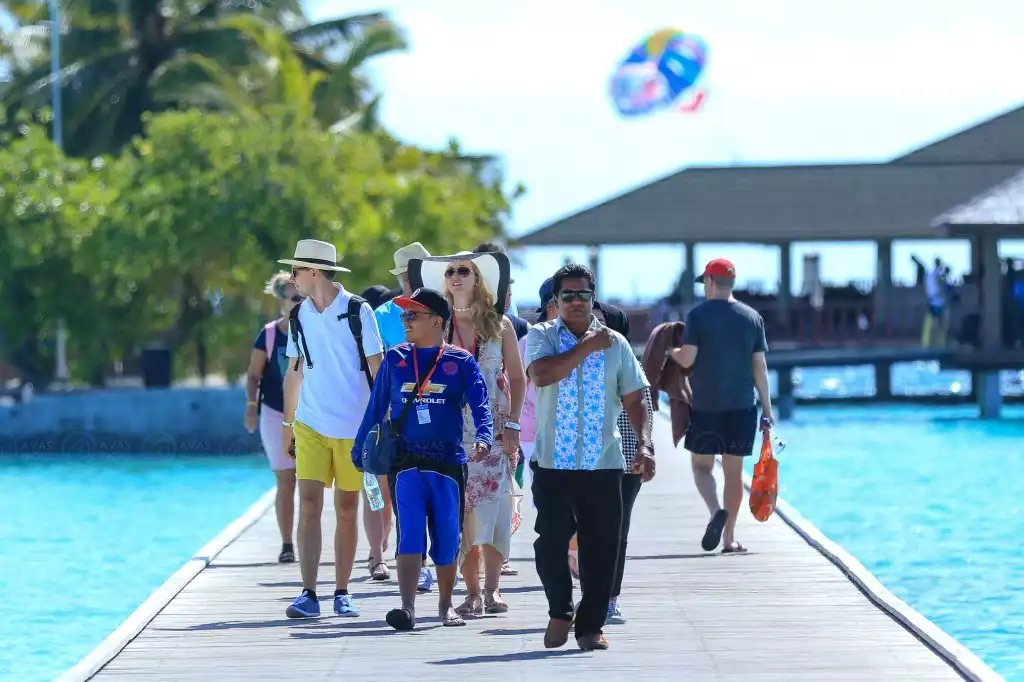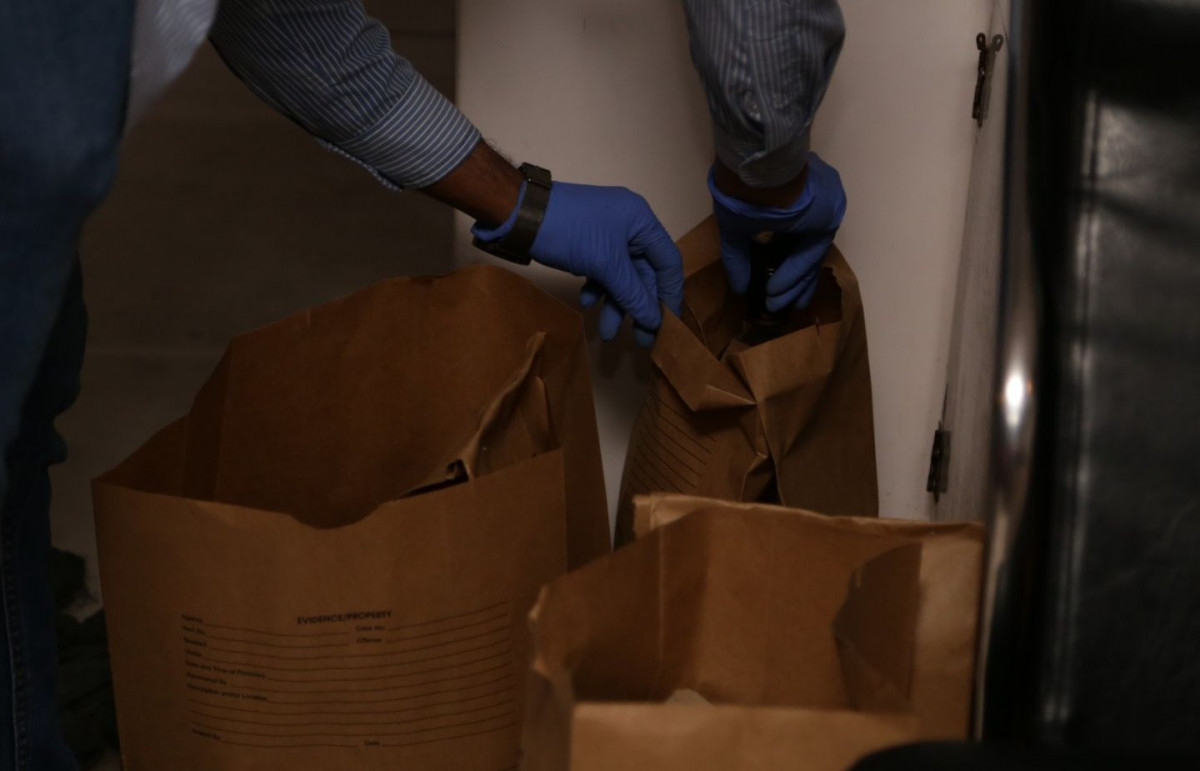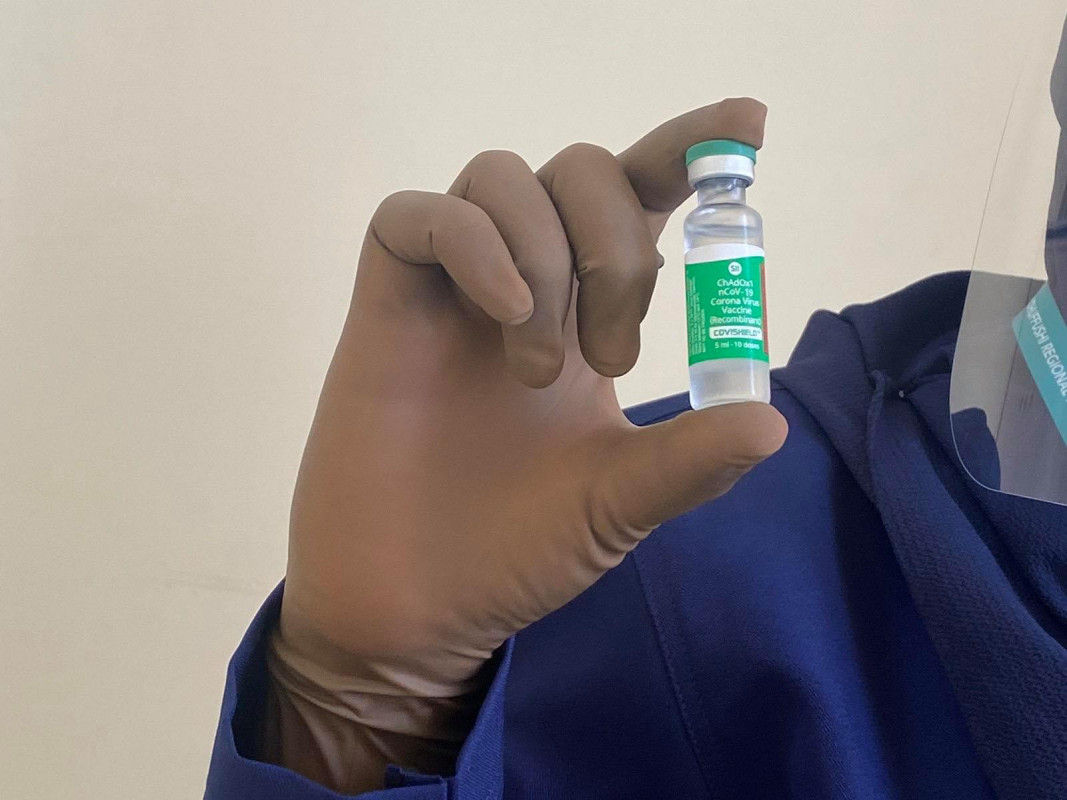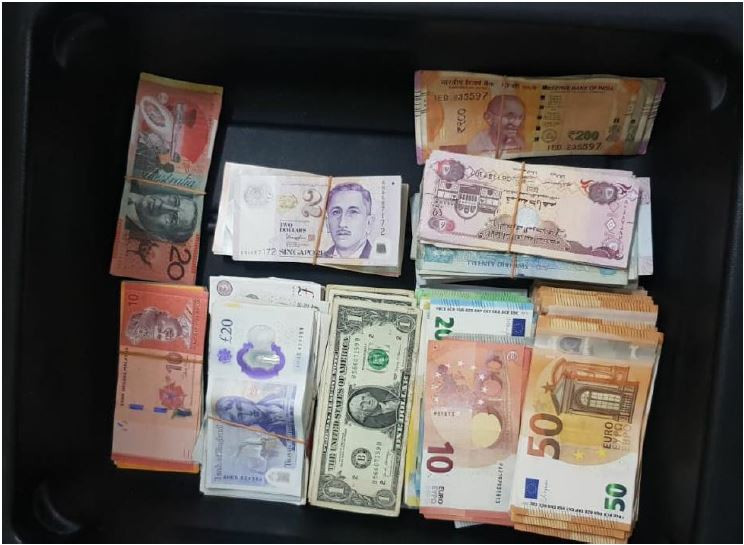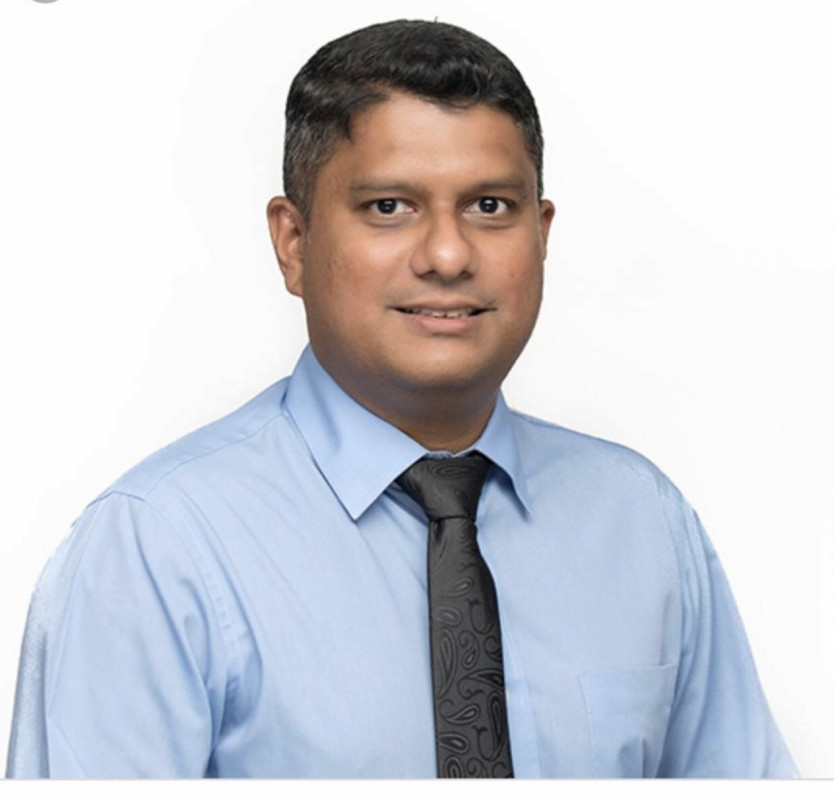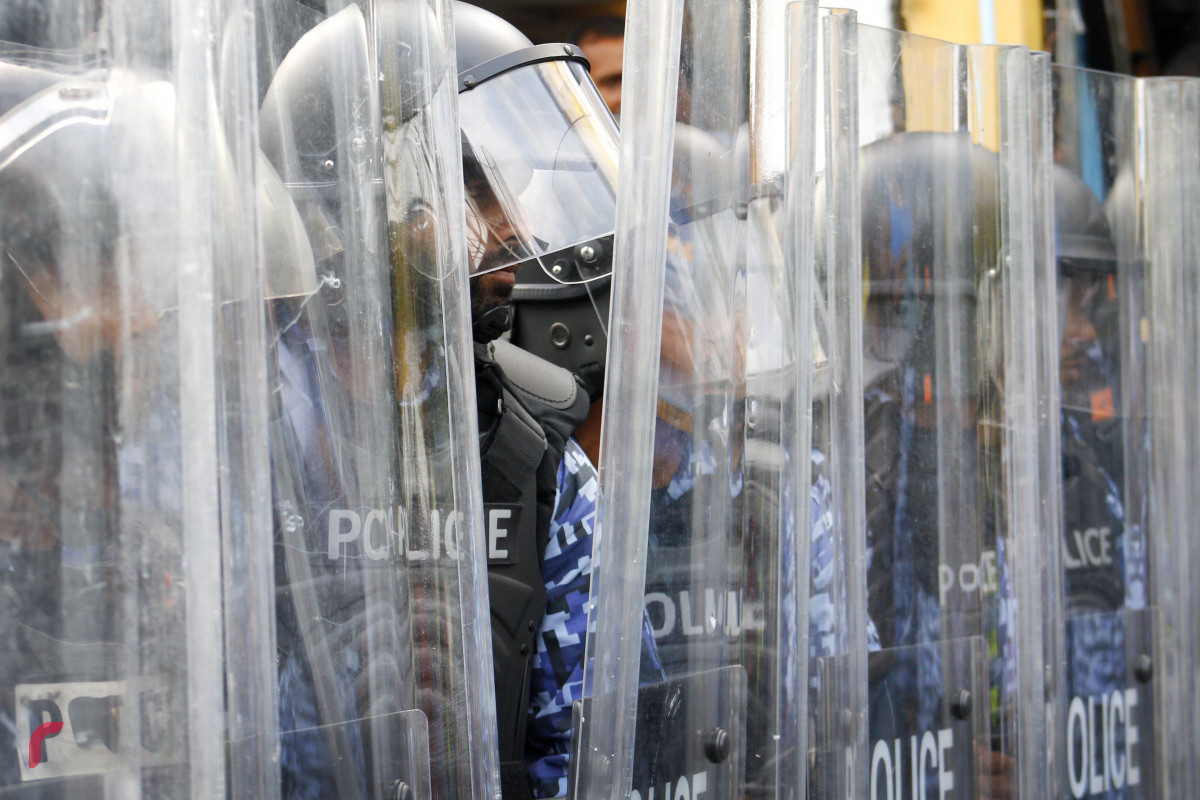Maldives in Crisis: has the world had enough?
On 1st February, the Supreme Court made a ruling that has shook the stability of the nation
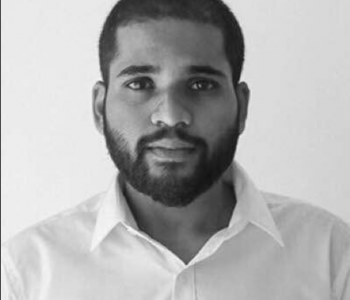

Police forcefully removing a RaajjeMV journalist from a protest as officers attempted to disband it
Concerns of protesters, the battle-like cries of police officers, the thud of shields and riot gear coupled with clouds of tear-inducing smoke are all familiar to those that have followed the political situation in the Maldives since 2012.
The Supreme Court’s ruling last Thursday to free unfairly prosecuted detainees and to reinstate lawmakers who had previously been dismissed through a process popularly deemed as unjust as well, led to similar circumstances on the streets of Malé.
But there was something else looming in the air that was not as familiar. A sense of utter lawlessness and chaos that not even the most thick-skinned Maldivian nor the most avid activist find hard to digest. The nation has clearly never been more divided, with one side supporting the Supreme Court for its ‘integrity and stand against tyranny’ while the other called it treason.
This divide is clear enough even to the youngest of us, the most ill-experienced and the most naïve. So, it was no surprise when our allies in the international community quickly took wind of how completely detrimental the situation is to the democratic principles that are now almost globally upheld, and the Maldives has been desperately striving for since a multi-party system was ushered in only about a decade ago.
The Supreme Court’s initial ruling, on the first of this month, was met with commending from diplomats that have worked closely with the nation, namely Ambassadors Atul Keshap and James Dauris of the United Kingdom and United States respectively. After months of calling for political prisoners to be released, and the crackdown on opposition leaders to stop; what was a victory to the opposition was seemingly a breath of relief for them.
This relief would be short-lived, as government began delaying its enforcement. President Abdulla Yameen had infamously taken refuge at the military headquarters in capital city Malé, as his officials held a press conference in his absence at the very building he was at. This lack of confrontation from a leader who once displayed his brazen and audacity with stunts like giving a ‘thumbs-down’ gesture to parliamentarians, had undoubtedly been shook.
Attorney General Mohamed Anil announced at the press conference that the Supreme Court’s ruling calling to release nine political detainees, opposition leaders among them, was unclear. Attorney General Anil said that the basis on which the verdict was heard was unclear, and the processes that needed to be followed were unclear.
What was clear is that President Yameen would not yield easily, what was clear is the conflict is likely to escalate, what was clear as the if opposition leader Mohamed Nasheed is freed, he would pose a credible threat to President Yameen’s bid to win office for another term in the ballots slated for later this year.
What was clear is that those that have been monitoring the situation in the Maldives and have invested effort and time into resolving her issues are likely to be disappointed and frustrated. What was clear is that the relief they may have experienced with the initial ruling is to fade, and replaced by fear and further discouragement.
Soon enough, protesters were brutally dispersed, parliamentary sittings were cancelled, police commissioners were axed and replaced to only be axed again and replaced. In the days following the Supreme Court ruling, multiple politically appointed civil servants resigned, the parliament’s secretary-general resigned after a dozen years in service, the President’s Office hastily submitted letters of concern to the Supreme Court, and President Abdulla Yameen took to television to say that he has reignited his campaign spirit and express how completely surprised he was by the ruling.
The Supreme Court declined to accept the Supreme Court’s letters, which was clearly a point of frustration for the government as reports soon leaked on social media outlets about how the signatures on the rulings had been forged, how justices have been bribed, and how President Yameen is being slandered by those envious of his competence and love for the Maldivian people.
The Supreme Court is Maldives’ final authority on all matters involving the constitution and the judiciary, and while President Abdulla Yameen has always claimed to respect this, he then used the only option available to him. The only way in which he could acquire a standing that could shadow the authority of the apex court. This Monday, the President’s Office declared a state of emergency, minutes after which officers of the military and police arranged themselves, fully clad in armour, outside the court premises.
Before sunrise on Tuesday, Chief Justice Abdulla Saeed and Justice Ali Hameed had been apprehended, a process that was reportedly brutal and involved officers ‘man-handling’ them. Hours after, Justice Ali Hameed was hospitalized reportedly as a ‘result of being subject to stress’. Former President Maumoon Abdul Gayoom, President Yameen’s own half-brother and an opposition leader alongside Nasheed, had also been apprehended, a sight most Maldivians thought they would never see.
